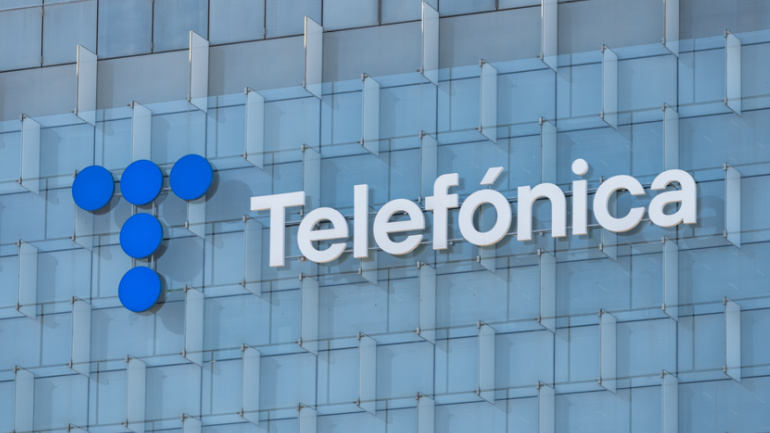Airtel Africa is redefining its enterprise, anticipating to leverage Africa’s burgeoning digital sector with the advent of its novel fibre wholesaler, Telesonic. The subsidiary will harness the power of Airtel’s vast terrestrial fibre network, bolstered by the firm’s stake in the pan-African submarine cable, 2Africa.
Telxius, a leading global connectivity provider, has been recognized at the 2024 Data Center Market (DCM) Awards for its Derio Data Center. It has won the award for Excellence in Connectivity, providing a state-of-the-art facility near Bilbao, in northern Spain, designed to harness the potential of the subsea cables connected to it.
Neterra, a telecommunications trailblazer for nearly three decades, recently secured the prestigious ‘Best Central & Eastern European Carrier’ award at the Global Carrier Awards 2023. In an exclusive interview with Svetoslava Bancheva, the PR and Digital Communications Manager, Neterra’s evolution from providing Bulgaria’s first internet connection to becoming a global telecom solution provider unfolds. Svetoslava highlights pivotal milestones, including running submarine cables under the Danube River and the establishment of the Sofia Data Center.
Singapore’s leading telecom provider Singtel, in a strategic alliance with technology powerhouse Nvidia, has unveiled a new line of data centers under the brand name Nxera. These centers are poised to revolutionize generative AI services for businesses across the region, aligning with Singapore’s National AI Strategy 2.0.
The Advertising Standards Authority (ASA) has ushered in stricter guidelines on mid-contract price changes in telecommunications, increasing the burden of clarity for operators. Historically, telecom contracts often obscured potential price fluctuations, misleading customers with allusions of fixed prices. These deceptive tactics, often rooted in fine print legalese, have necessitated ASA’s initiative for more transparent advertising. With Broadband and mobile contracts especially susceptible to annual adjustments, providers must alert customers clearly about prospective changes.
Bridging the gap between past and future, the Cayman Islands are preparing to modernise their underwater cable system, crucial for their international data traffic. Despite serving admirably for decades, the two existing cables are nearing their operational longevity. As such, a $1.69 million partnership with CMC aims to overhaul connectivity, counting on expertise from firms like WFN Strategies and SBM International.
Spanish telecom titan Telefónica is allegedly exploring a potential divestment from its successful subsidiary, Telefónica Tech. With a speculated valuation over €2 billion, Tech has made impressive strides in sectors like cybersecurity and IoT. However, despite robust revenue growth, the benefits of Tech to Telefónica’s overall operations remain ambiguous. Will Telefónica cash in, or continue cultivating this promising asset? Insights may be revealed in the CEO’s upcoming strategy announcement. Stay informed as we delve deeper into this intriguing possibility.
Orange Marine continues to assert dominance in the subsea cable industry with the sophisticated ‘Sophie Germain’, an innovative vessel designed for comprehensive undersea cable care. This 100 meter long ship is home to a 450 kW ROV for precise optic cable maintenance. Moreover, it not only enhances connectivity globally, but also makes strides in sustainability by significantly reducing fuel consumption and slashing emissions. Remarkably, in a field with only 60 cable ships worldwide, Orange Marine introduces innovation that may reshape the future of global telecommunications infrastructure.
Lyntia and AI tech start-up Vyntelligence are collaborating to transform Spain’s fibre network deployment, aiming to improve service quality and customer experience. This partnership embraces digitalisation, creating an interactive platform between Lyntia, fibre deployment partners, auditors, and contractors, thus speeding up the delivery of high-quality services. The joint venture has already accelerated customer quality control processes by a significant 33%, offering a glimpse into the future of fibre connectivity.
Unprecedented in telecommunications, the Amitié subsea cable system, an alliance effort of Aqua Comms, Meta, Microsoft, and Vodafone, provides a major boost to international connectivity. This groundbreaking line, stretching an impressive 6,783 km, links Boston directly with Europe, heralding a new era for cross-continental communication. Equipped with unmatched versatility and a notable capacity of 400 Tbps, this project paves the way for a more connected digital future globally.













